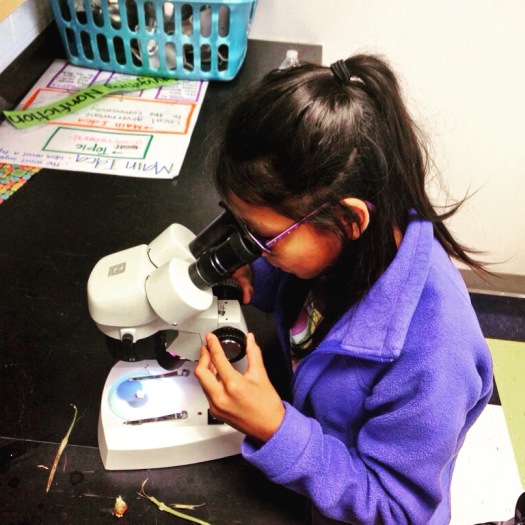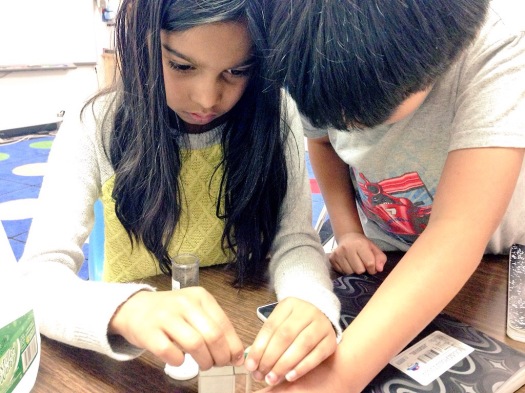Five years ago, I decided I wanted to be a hiker. Growing up, we weren’t the most outdoorsy family–we went to the beach each summer and went to lots of baseball games, but we never went camping or anything remotely like that. Honestly, I didn’t really love the outdoors as a kid. I have a distinct memory of being on the bus in kindergarten, looking out the window, and lamenting over my hatred for the color green because it was *~everywhere~* you looked outside. Don’t get me wrong, as a kid I liked playing outside (read: rollerblading, pretending to be Michelle Kwan in the cul-de-sac), but my go-to favorite activities were drawing and listening to music.
It wasn’t until after I graduated college that I really started to love being outside. I started running my first year teaching, training for 5Ks and then 10Ks and then the Tar Heel Ten Miler. I ran to prove to myself that I could do it, to prove to my mom that I could do it, and to prove to anyone who cut me from a team or didn’t pick me to play dodgeball at recess that I could do it.
When I decided to become a hiker, I had been making regular trips to Asheville with some of my best friends. We would find short day hikes to do and we always had the best time doing it. I figured that it only made sense that since I was going on these hikes once or twice a year, that I should shell out for hiking boots. I did some research and asked friends who I knew were avid hikers about which kinds of shoes to get. I ordered a pair of Keens off of Amazon and they were at my house within the week and I couldn’t have been more thrilled. Opening the box, I revealed a beautiful pair of hiking boots–pristine tread with Carolina blue accents around the shoe and laces. I immediately put them on and wore them around the house and to run errands, as though it wasn’t the middle of August in North Carolina where humidity seeps into every pore of your body causing you to sweat profusely regardless of where you are.
I wore those Keens for five years without replacing them. Five years of hikes, five years of dry feet amidst muddy trails, five years of creek crossings and waterfalls and snow pack. Five years of some of my favorite memories to date.
About four weeks ago, I went into REI to look for new hiking boots. After five years with the Keens and starting to do longer and more regular hikes, I felt like it was time to find a new boot. Also, I had a big trip coming up with my husband, where we would be doing day hikes nearly every day, and I wanted to be as prepared as possible. I brought in my Keens to show the salesperson working the shoe section, just to confirm the thoughts I had about actually purchasing a new pair of boots. Her first words to me were, “Umm..how long have you had those?” I thought about her question, replied sheepishly, and listened intently when she told me I should “most definitely get a new pair.” I found a pair I loved and packed them up to take with me to Wyoming and Montana.
I hiked all around Teton, Yellowstone, and Glacier National Parks the last two weeks. I traversed many miles and ate an embarrassing amount of jerky, almonds, and applesauce while doing it. My new boots were comfortable, kept me warm and dry, and did everything you’d want a hiking boot to do.
The day after getting home, I started doing laundry and noticed my Keens still sitting on the floor where I had left them by the back door. I went over to them, picking one up to examine it. Was I going to get rid of these boots now that I had new ones? Would getting rid of them mean I’m tossing out those memories that are attached to them?
I slipped my feet into the familiar boots, laced them up, and set out for a walk.
Walking the streets of Hillsboro Village, I couldn’t help but think about the growth that these boots have seen me through. I’ve hiked through stretches of North Carolina, Tennessee, Kentucky, Washington, and British Columbia in those boots. I’ve hiked state parks, national parks, and various trails weaving through forests. During those times I had experienced great joy and deep sorrow. I hiked to clear my head, to feel rejuvenated, to come face-to-face with physical, emotional, and spiritual growth. I’m so proud of who I’ve become in the last five years with my trusty Keens hugging my ankles.
I’ve returned from my walk and my boots are still laced up, secured snugly around my feet. I know getting rid of the Keens won’t erase the memories I’ve made in them or reverse the growth that’s occurred since my impulsive Amazon purchase five years ago, but I don’t think there’s any harm in keeping them around just a little longer. It’s nice to have physical reminders of dear memories, personal development, and the story behind my love for hiking.




 In third grade, I had students performing soil tests on our school grounds’ soil to figure out where the best place for a school garden would be (then they presented websites they made to a panel of PTA, Garden Club, and administrative representatives to state their cause – they even stayed within a budget!). These students also designed spacecraft by taking measurements in their notebooks and noting what elements of flight were present in their craft. We analyzed weather patterns and matched those to potential rocket launch dates. We read books and articles and wrote essays about science topics, growing content vocabulary daily.
In third grade, I had students performing soil tests on our school grounds’ soil to figure out where the best place for a school garden would be (then they presented websites they made to a panel of PTA, Garden Club, and administrative representatives to state their cause – they even stayed within a budget!). These students also designed spacecraft by taking measurements in their notebooks and noting what elements of flight were present in their craft. We analyzed weather patterns and matched those to potential rocket launch dates. We read books and articles and wrote essays about science topics, growing content vocabulary daily.